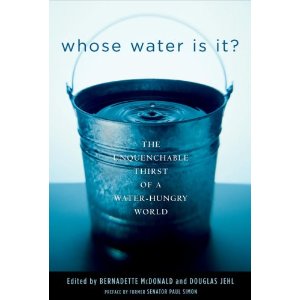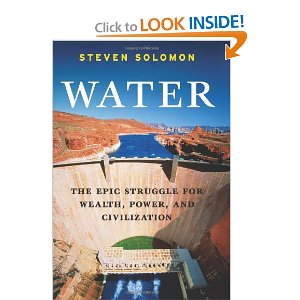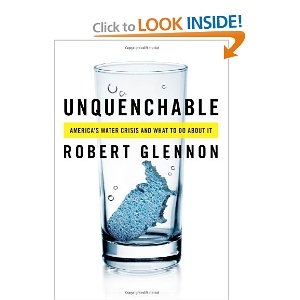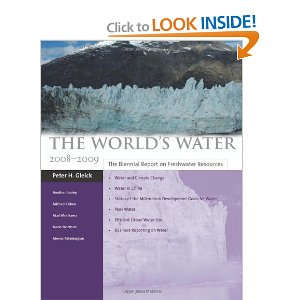
The Leader's Guide to Radical Management
Steve Denning: re-inventing the workplace for the 21st Century: innovation, deep job satisfaction and client delight
The biggest difference between 20th and 21st Century Management
Management in the 20th Century was about achieving a finite goal: delivering goods and services, to make money.
Management in the 21st Century is about the infinite goal of delighting customers; the firm makes money, yes, but as a consequence of the delight that it creates for customers, not as the goal.
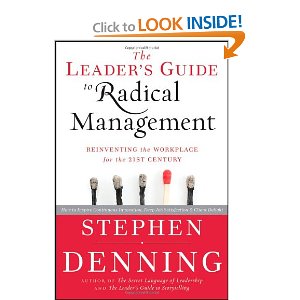
. . . . . .
. . . . . . .
A radical new management model for twenty-first century leaders
Organizations today face a crisis. The crisis is of long standing and its signs are widespread. Most proposals for improving management address one element of the crisis at the expense of the others. The principles described by award-winning author Stephen Denning simultaneously inspire high productivity, continuous innovation, deep job satisfaction and client delight. Denning puts forward a fundamentally different approach to management, with seven inter-locking principles of continuous innovation: focusing the entire organization on delighting clients; working in self-organizing teams; operating in client-driven iterations; delivering value to clients with each iteration; fostering radical transparency; nurturing continuous self-improvement and communicating interactively. In sum, the principles comprise a new mental model of management.
- Author outlines the basic seven principles of continuous innovation
- The book describes more than seventy supporting practices
- Denning offers a rethinking of management from first principles

